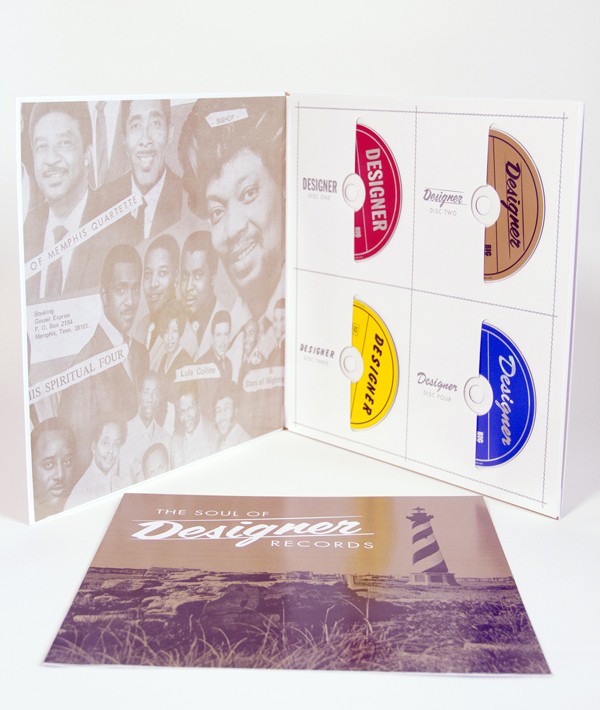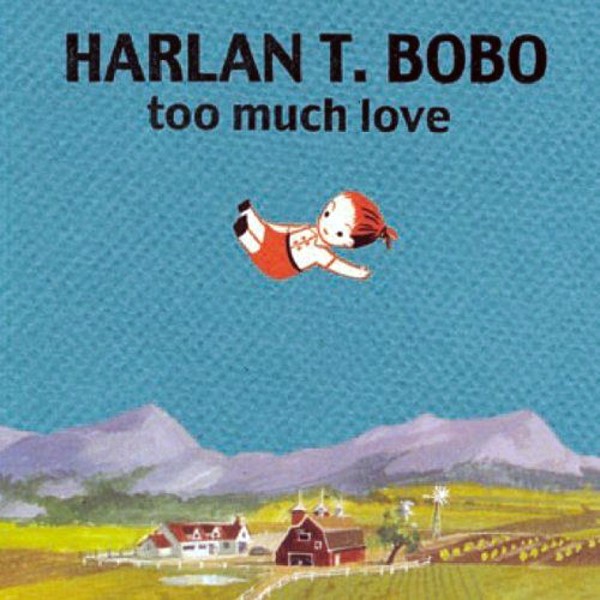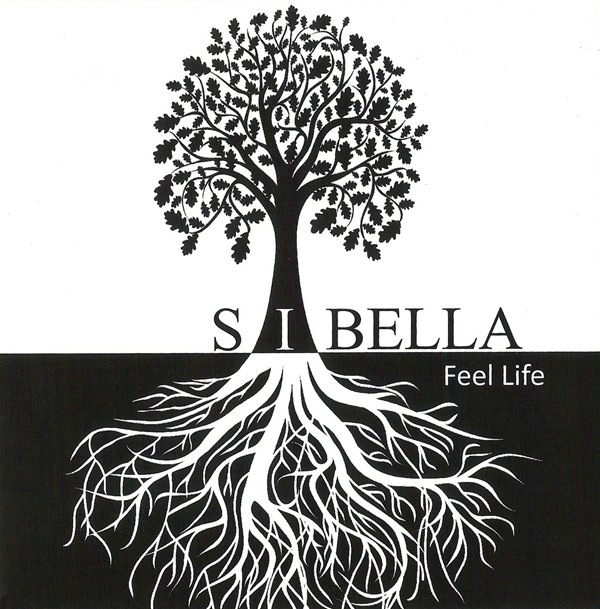
Various Artists
The Soul of Designer Records
Big Legal Mess Records
This four-CD collection of custom-recorded gospel music would be a historical treasure if only for the trove of engineering work by Roland Janes, the godhead of rockabilly guitar and recording engineer for Sun and his own Sonic studio. But the artists represented in The Soul of Designer Records represent a counter narrative to 20th-century soul and pop. From 1967 until 1977 Designer Records recorded songs for touring black gospel acts to sell at performances. Rather than sign an act, Designer founder Style Wooten booked studio time at Janes’ Sonic along with a drummer and, over the course of a weekend, would record four tracks on as many bands as time would allow. He’d press a single and figure out how the band could pay him back. Michael Hurtt’s liner notes are a crucial study of a nearly forgotten cultural marketplace and, in Wooten, a Memphis character of the first order. An essay written by Wooten’s son Jason is a beautifully told story of a strange man who left a fascinating musical legacy.
This is a great example of how to deliver physical product. The recordings are refreshing too. This is analog music with all the character of classic sounds: warm but slightly off sounds like “Louie Louie” or “Wild Thing” come to mind, as does the great work of soul phantom Don Covay. These warm, tape-compressed tracks have the qualities that keep the oldies popular. One major difference, however, is these voices are more fascinating than many of the pop stars of the ’60s. Frequently the subject matter is more resonant than the market for pop music allows. Whatever happened to message music? We lost out with all the singing about love and bragging.
The economic circumstances of the acts also add something bent to the recordings. Things are not exactly right. But there’s something magical about that. There are unexpected instrumental flourishes like the bass line in the Mighty Blytheville Aires’ “It May Be Your Last.” Sun, Stax, and Goner all share that music-in-the-moment quality. In this collection, every singer here is giving it their absolute most. This is their shot, and, track after track, you can’t help being moved by how hard these people are trying. The ramped-up production cycle forced people to put all of their energy into one or two takes. This is the central quality of well-produced music. Quartet-style gospel provides a web of harmony in front of which singers give everything they have. It’s a perfect blend of individual expression and accompaniment. The performances are idiosyncratic. This is not music meant to conform to the standards of radio record sales. Some tracks are like Stax oddballs Chuck Brooks or Frederick Knight. Strange nuances abound in every recording. Keith Richards was searching for these voices in his background singing. The Killer got his rhythm from groups working in this tradition.
We too often think of gospel as the music that birthed rock-and-roll and then went away. This collection illustrates that gospel frequently surpassed the standards of what caught the public’s imagination in the Top 40 and record sales.

Harlan T. Bobo
Too Much Love
Goner
Goner Records recently rereleased Harlan Bobo’s 2006 Too Much Love with a previously unreleased track, “Last Year.” The album is the first of three Bobo did in Memphis, followed by I’m Your Man in 2009 and Sucker from 2010. If Bobo made only these three albums, he would still belong at the highest order of Memphis music. The irony of the guy — or his persona — is that he remains mysterious even though his records are the most emotionally revealing material to come out of Memphis in recent memory. Too Much Love gets straight to the existential angst of failed love. The opening track, “Only Love,” sounds like it’s whispered to oneself as a failed attempt at reassurance. The following track, “Left Your Door Unlocked,” drags all the ugly out in the open.
Musically, Bobo is not bound by any form or school, and he is apt enough a musician to hint at a musical idea rather than make a spectacle of it. There are hints of the Beatles, Floyd, and the Stones, and Leonard Cohen hovers over the whole thing. But none of the influences are so overwhelming as to make the music susceptible to easy categorization. This keeps the record moving, not unlike Bobo himself. There’s Hammond and Fender vibrato, but he’s not comping history. This is vital music.
You can’t put together a better team of players. Bobo is unique in his ability to assemble cool people, keep an indie vibe, and still make objectively good music. Bobo, or producer Doug Easley, understands that simple parts executed meaningfully will always sound bigger and more important than a million ideas being processed in the same few minutes. Bobo reminds you how charming simple rockin’ can be as long as it’s not the only thing on the menu. He is not obnoxiously eclectic, but these tracks were thoughtfully assembled to be listened to in sequence. Plenty of musicians could learn from Bobo’s tendency to gather a few good ideas rather than beat one to death. It takes patience and self-awareness that escapes most adolescent and post-adolescent creative endeavors.
Too Much Love and Bobo’s other Goner releases deserve as much attention as the Grifters or, dare I say it, Alex Chilton. Hopefully Goner will follow suit with his other two records.

Sibella
Feel Life
This is one of the smartest, most musical albums I’ve heard this year. I’m not surprised after learning that former Compulsive Gambler Fields Falcone plays bass on this album. Sibella is the work of Falcone and the other three members: Cellist Tamar Love studied orchestral music at music powerhouse Middle Tennesee State. Vocalist Sarah Ford has a master’s degree in vocal performance, and percussionist Valentine Leonard gew up drumming in Paris’ hodge-podge of exotic cultures. Ford’s voice is strong enough to stand up on a record, but nuanced enough to convey the spirit of the lyric.
The songs are written by Love and Ford. “Streets of Gold” has a thunderous acoustic rhythm section combo that reminds me of the Who and the band Love. That is what is missing for like 95 percent of “singer-songwriter” music. The dynamic possibility of pushing forward, holding back a whole record can get lost when someone accompanies their voice with a single guitar. The drum and bass parts give the harmonies a galloping energetic drive.
I’m willing to bet you’ll be reading about this album when the list makers get busy in December.